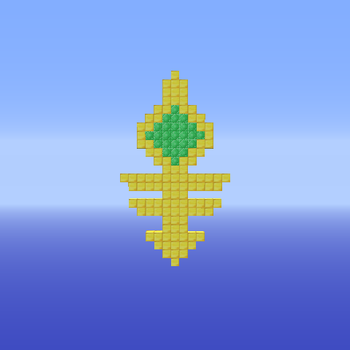Suppose Tom has 24 coins totaling $4.35. If he has only dimes and quarters, how many of each type does he have?
2 Answers
Tom has
Explanation:
Convert this word problem into numbers. Let
Also, we know that a dime is worth
So we have our two equations:
Now we have to solve these equations. You could do it either by substitution or elimination. I like elimination. Let's get rid of dimes. Multiply the bottom equation by
Now subtract the two equations from each other. You're left with:
Solve for
Now plug this back into one of the original equations of your choice. I think plugging into the first one will be easier as I can avoid decimals:
Solve for
This means that Tom has
If you want to do substitution instead:
Explanation:
Recall our equations are:
Solve for either
Plug this into the other equation:
Simplify:
Subtract
Combine like terms on both sides:
Solve for
Plug into an original equation. I will plug into the first one:
Solve for
So Tom has

